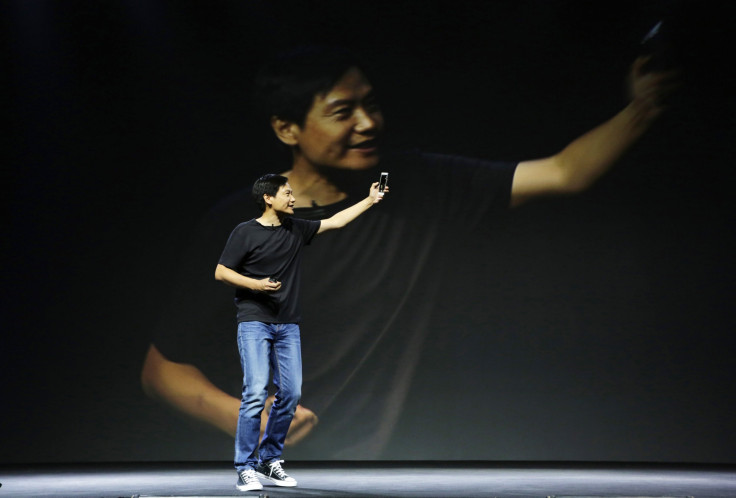Taiwan's Investigation Of Xiaomi Is As Much About Politics As Cybersecurity

The Taiwanese government’s investigation of Xiaomi, a popular smartphone manufacturer based in mainland China, for a security breach reveals the extent to which Taiwan, whose economic integration with China in recent years has sparked controversy throughout the island, has sought to allay national security concerns ignited by its relationship with Beijing.
Founded three years ago by Lei Jun, an entrepreneur whose slim frame and turtleneck sweaters has evoked comparisons to Apple founder Steve Jobs, Xiaomi has captured market share in China by offering an inexpensive alternative to upmarket brands like Apple’s iPhone and Samsung’s Galaxy series.
But in August, F-Secure Oyj, a Finnish cybersecurity company, revealed that a default setting on Xiaomi’s cloud-based messaging system stored user messages on the company’s servers -- which are based in mainland China. By Chinese law, companies are required to turn over user information upon the government’s request.
Following an apology from Vice President Hugo Barra, Xiaomi changed the default settings on its cloud-based services. But in Taiwan, Xiaomi’s security breach has renewed concerns that the island’s tightened economic integration with mainland China has threatened its national security. In March, more than 100,000 people joined a student-led protest at Taiwan’s parliament building against an agreement to open Taiwan’s service industries to competition from China. The movement marked the biggest popular challenge on the island since Ma Yingjeo, a politician who has staked his presidency on improving ties with mainland China, became Taiwan’s leader in 2008.
Amy Chang, an analyst at the Center for a New American Security, said the Xiaomi investigation is intended in part to mollify Taiwanese people who share the protesters’ concern: “The investigation plays pretty well among the population of Taiwan, as it shows that the government is pursuing a relationship with China without sacrificing its national security interests,” she said.
Taiwanese security concerns have gone beyond Xiaomi. In August, the island’s police encouraged staff to avoid using WeChat, a popular smartphone-based text messaging service owned by Tencent, one of China’s largest companies and, like Xiaomi, one that has aggressively expanded overseas.
But Taiwan’s attempts to stem the tide of mainland products have become more difficult as Chinese firms have expanded their global reach.
“So much of the information technology market has some connection to China -- there are very few IT products that don’t have a Chinese component,” Adam Segal, an expert in Asian cybersecurity at the Council on Foreign Relations, said. “This has naturally caused a lot of pushback.”
© Copyright IBTimes 2024. All rights reserved.






















